What are calories? Well, they’re like the energy currency of the food we eat. Whether you’re eyeing that snack in the pantry or scanning a restaurant menu, those numbers next to the dishes? Yep, that’s the calorie count.
Now, let’s get into how calories work. Our bodies use calories as fuel to run the machine (you!) You consume calories through food, and your body burns them to keep it running. It’s a delicate balance, but we’re here to explain it
Have you ever wondered how many calories you should be chowing down daily? We don’t have one-size-fits-all solutions. Age, activity level, and metabolism all play into the process.
Whether you are new to the calorie world or need a refresher, we have you covered!
Understanding What are Calories?
Often forgotten but still essential are calories, the unsung heroes in our nutritional fairytale. Importantly, they drive our actions and determine our health conditions. So let’s go out there with calorie and discover its importance.
| Energy Elite: Powering Your Life | Calories are the blood that feeds our bodies, the energy we use as we walk for pleasure or push ourselves through rigorous exercise. These act as the engines of our progress and energize us on life’s journey. |
| Metabolism Master: Orchestrating Energy Transformation | Calories regulate our metabolism, like a master choreographer that requires the nutrients that have calories. They constitute raw materials for the magic that powers up metabolism and converts food items into desired energy by the body. |
| Body Maintenance Brigade: Keeping You in Top Shape | Calories are not just about providing energy for movement. It is equally essential in keeping the body’s general health as a whole. They maintain life through their roles, which include healing tissue wounds and producing hair, among others, backstage. |
| Weight Watchers: Striking the Balance | Weight management goes hand in hand with calories. Eating excessive calories will result in surplus stores, while insufficient calories make our bodies tap into these reserves. At this point, the secret is all about finding that perfect equilibrium—just enough to do and not too much extra fuel for storing. |
| Nutrient Partners: A Winning Duo | Calories and vital nutrients work together like a team, contributing to our health. You get something for nothing: the calories provide energy, and their food supplies nutritionists. |
How Many Calories You Need Per Day?
The million-dollar question: how many calories are needed daily for an individual? It is dependent upon several factors specific to you. Here is the lowdown:
Your Profile: based on age, gender, weight, and height, which form the basis for your caloric demands. It implies that a strapping six-foot athlete may need more calories than a petite bookworm.
Activity Level: A gym freak, an office enslaved person, or somewhere in between? Your daily calorie needs dance to the tune of your activity level: more moves, more calories required.
Metabolism Magic: Genetics and lifestyle are among the stars in the play of your metabolism. Calories burn through fire in some individuals, while others go through a slow-burning process. It’s just a piece of the metabolic puzzle.
Goals on the Horizon: Depending on whether you want to lose some weight, gain more muscle strength, or stay in shape, your calorie demands change significantly. It is just how you can go with nutritional needs towards those goals, like with a tailored suit.
Nevertheless, here are some general principles you should stick to.
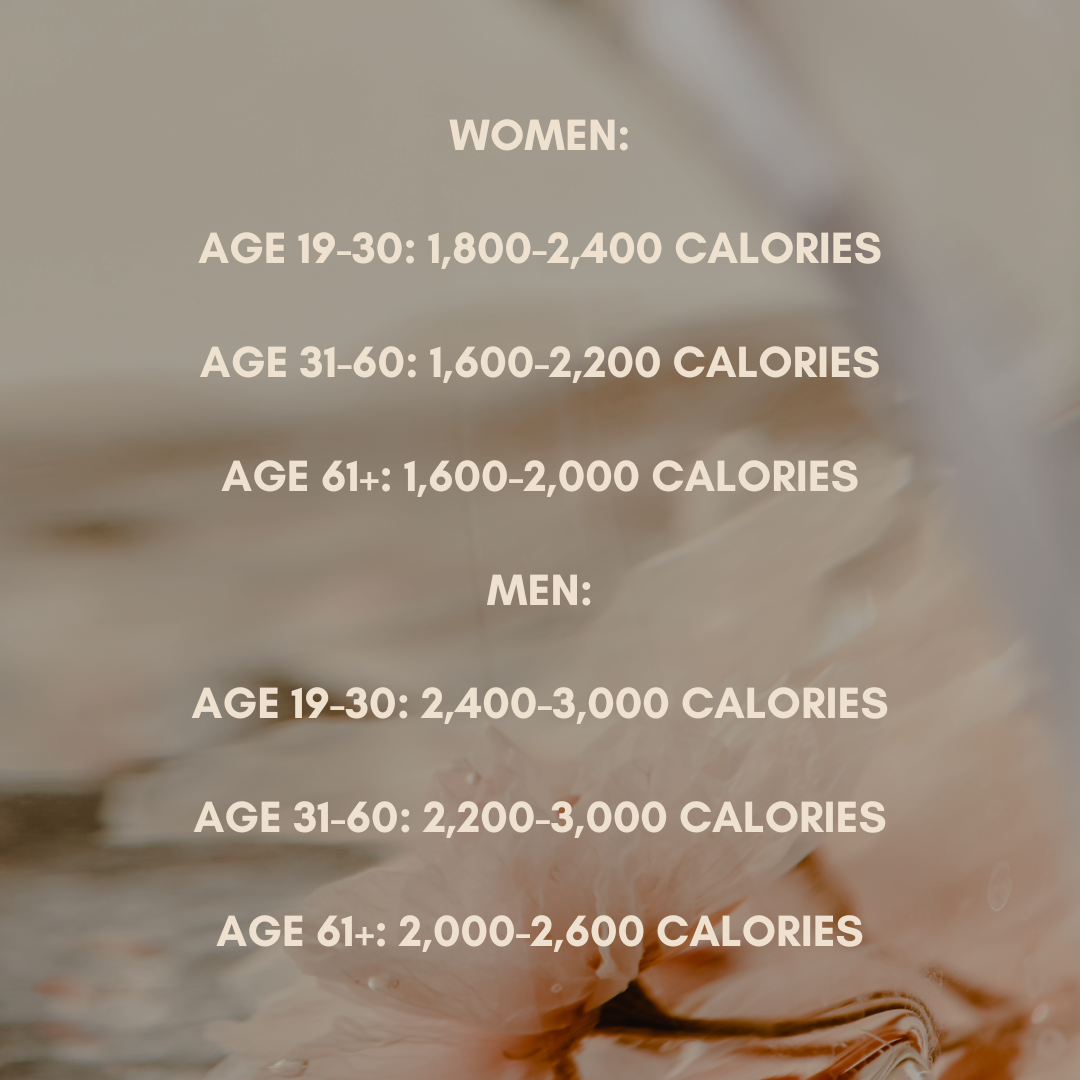
You will also require more calories if you are pregnant or a nursing mother. Pregnant women need to increase their diet by about 300-500 calories per day, and lactating women should have an additional 500-700 calories per day.”
How to Track Your Calorie Intake
Calories are vital as they help one control weight and maintain good health by tracking what one eats. Here are some steps on how to track your calorie intake:
Assess your daily calorie requirements (based on age, gender, level of physical activity, and weight objectives). You may utilize online calculators, and you can also find registered dietitians who will help you establish how many calories your body requires daily.
Choose a tracking method: In this regard, there exist numerous means for monitoring one’s caloric intake, such as:
| Food Diary | Make sure you have a journal of all foods and drinks you take during the day. Make a note regarding the specifics, like the kind of food, its serving size, and approximate calorie count. |
| Calorie Tracking Apps | Utilize an application on a phone or an online source of calories you consume. Many apps come with scan for codes that facilitate easily including calorie count in your package meals. |
| Food Scale | Weight your food portion to ensure the accuracy of calories taken. |
| Record Your Food Intake | Record in detail all the food and drinks you consume, including snacks, condiments, and beverages, as much detail is provided to ensure that the accurate calories in your diet are captured. |
| Use Food Labels | Calories are indicated on food labels for packaged foods and beverages. Consult the calories per serving list on the label and apply it to your portion of food. |
| Estimate calories for unlabeled foods | Using online resources and cookbooks for foods without labels and homemade meals is a good idea. |
| Account for cooking methods | The dietary calorie is affected by the cooking methods. As such, additional oil or butter while cooking will add calories. |
| Track your calories regularly | Monitor your calories daily, preferably every week. Tracking consistently allows you to understand your eating habits and daily calorie intake. |
Note: Lose It! Weight loss that fits is recommended one of the best apps to track your calories and maintain healthy and nutritious diet.
How To Burn Calories
here are many ways to burn calories, but some of the most effective methods include:
-
Cardio: Cardio, or cardiovascular exercise, is any activity that gets your heart rate up and makes you breathe heavily. Examples of cardio include running, swimming, biking, dancing, and jumping rope cardio exercises.
-
Strength training: Strength training helps you build muscle, and muscle burns more calories than fat, even at rest. Aim to do strength training exercises for all major muscle groups at least two times a week.
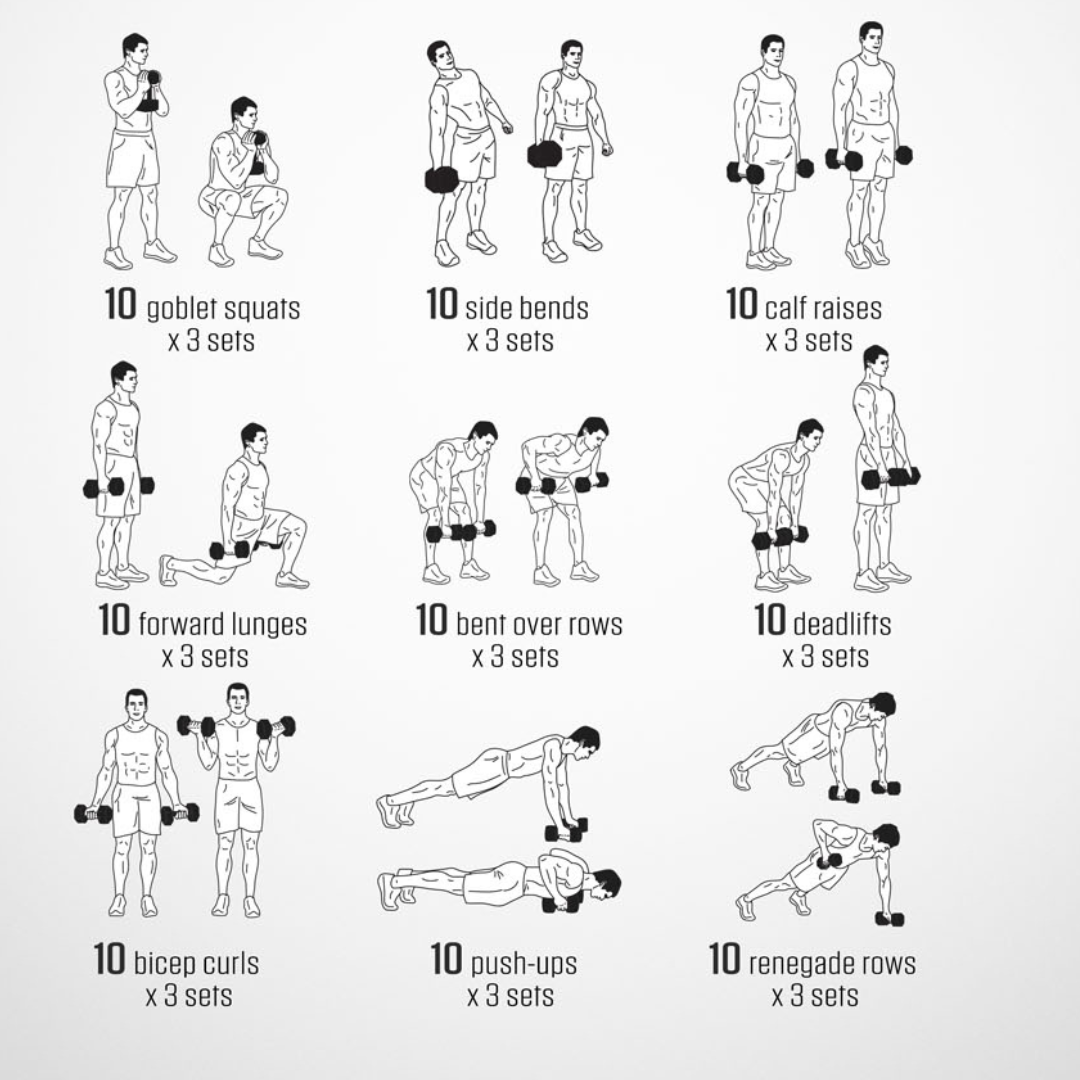
Strength training exercise -
High-intensity interval training (HIIT): HIIT is a type of exercise that involves alternating between short bursts of intense activity and periods of rest. HIIT is a very effective way to burn calories in a short amount of time.

Highintensity interval training (HIIT) exercise -
Non-exercise activity thermogenesis (NEAT): NEAT is the energy you burn through everyday activities like fidgeting, walking around, and standing up. You can increase your NEAT by making small changes to your daily routine, such as taking the stairs instead of the elevator or parking further away from your destination.
Here is a table of the approximate number of calories burned per hour for different activities:
| Activity | Calories burned per hour (150-pound person) |
|---|---|
| Running (6 mph) | 609 |
| Biking (12-14 mph) | 567 |
| Swimming (laps) | 523 |
| Dancing (aerobic) | 396 |
| Jumping rope | 378 |
| Strength training | 315 |
| Walking (brisk) | 223 |
| Walking (moderate) | 198 |
| Standing | 139 |
| Sitting | 80 |
Please note: That these are just estimates, and the actual number of calories you burn will vary depending on your individual factors.
Myth About Calories
Myth 1: All calories are created equal.
It is most likely the most prevalent misinformation concerning calories. Do not be mistaken that just because your food is full of calories does not necessarily imply that it’s terrible. For example, 100 calories of broccoli provides more nutritional power than 100 calories of soda. Broccoli consists of various vitamins, minerals, and fibers, which are all healthy, while soda contains only empty calories, which may cause weight gain and associated illnesses.
Myth 2: You consume a harmful calorie diet.
There are no such things as harmful calorie foods. It is a myth that some foods like vegetables and fruits can burn more calories than they contain, which makes them have “negative calories.” All foods have a certain number of calories. The net calorie content of certain foods, although it could be higher or lower than other foods, is always a positive value.
Myth 3: If your physical work is enough, you will have a free license to eat as many things as you wish
However, as important as exercise is in weight loss and general health, it does not mean eating up anything. Even if you exercise every day, but your calorie intake outpaces what you burn, you will still gain that extra pound(s).
Myth 4: You can shed some pounds if you take less than one thousand two hundred calories daily.
Skipping meals and consuming insufficient calories can lead to dizziness, weight management problems, weakness, muscular wasting, and other harmful effects on general well-being. Most grownups can take in a maximum of 2000 calories daily, which should be safe and healthy.
Myth 5: You can spot-reduce fat.
The body cannot be programmed for spot reduction of fat. It may be used to lose weight overall, but it won’t target fat-burning in particular body parts.
Myth 6: Calorie labels are always accurate.
Calorie labels are often inaccurate. It may be wrong up to 20% Therefore people should take note of it when selecting what to eat.
Myth 7: Missing a meal could be helpful in attaining your weight loss goal.
Interestingly, missing a meal makes it even more difficult to shed some pounds. Starve your body by missing a meal and it will go into famine mode which means that it will start storing fat. You should also remember to have small steady meals for the sake of keeping a stable blood sugar level and avoiding craving.
Myth 8: Eating specific foods will help you lose weight.
When it comes to losing weight, there is no silver bullet. It is important to exercise and lose weight through consumption of a balanced diet that consists of fewer processed foods and added sugars.
It’s important to remember that losing weight is a journey, not a race. It takes time, effort, and dedication to reach your goals. Don’t get discouraged if you don’t see results immediately. Just keep at it and you will eventually reach your goals.
Conclusion
It’s essential to understand what calories are, their action, and how to live healthily. Food calories are like money to our bodies, giving us energy to function. Weight management and health depend upon a subtle balance of calories consumed versus those burned.
As unsung partners, calories are the hidden heroes that drive every action towards good nutrition and lead us to various health situations. They are driving forces of progress, keep the body in order, and help with weight loss. A good team comprises calories and some essential minerals that support our health.
For example, an individual’s calorie needs depend on age, gender, weight, height, physical exertion levels, metabolic functions, and particular health objectives. A more practical method of importance and general health concern is tracking the calories that one consumes. Calories are set for a purpose that involves having an idea about what one’s meals are like, and therefore, choosing a means of monitoring and noting down these meals continually ensures that every person has a clear picture of their eating habits.
People need to do away with misconceptions regarding calories, like believing all calories are similar or there do exist food that burns more calories than they provide. Besides, the notion that a starvation diet or reducing certain body parts will also help lose weight is not valid. Successful weight loss involves eating well, exercising appropriately, and calorie sustainability are essential for success.
In short, calories are figures on a food label, but these are critical measures of energy that sustain the body. Individuals may strive toward a sound body by learning about calories, having a balanced diet, and leading an active life.
You may also like to read: How Many Calories in Baby Formula

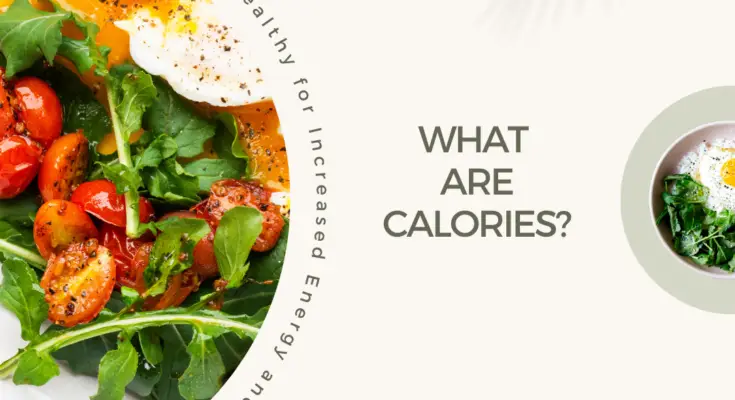
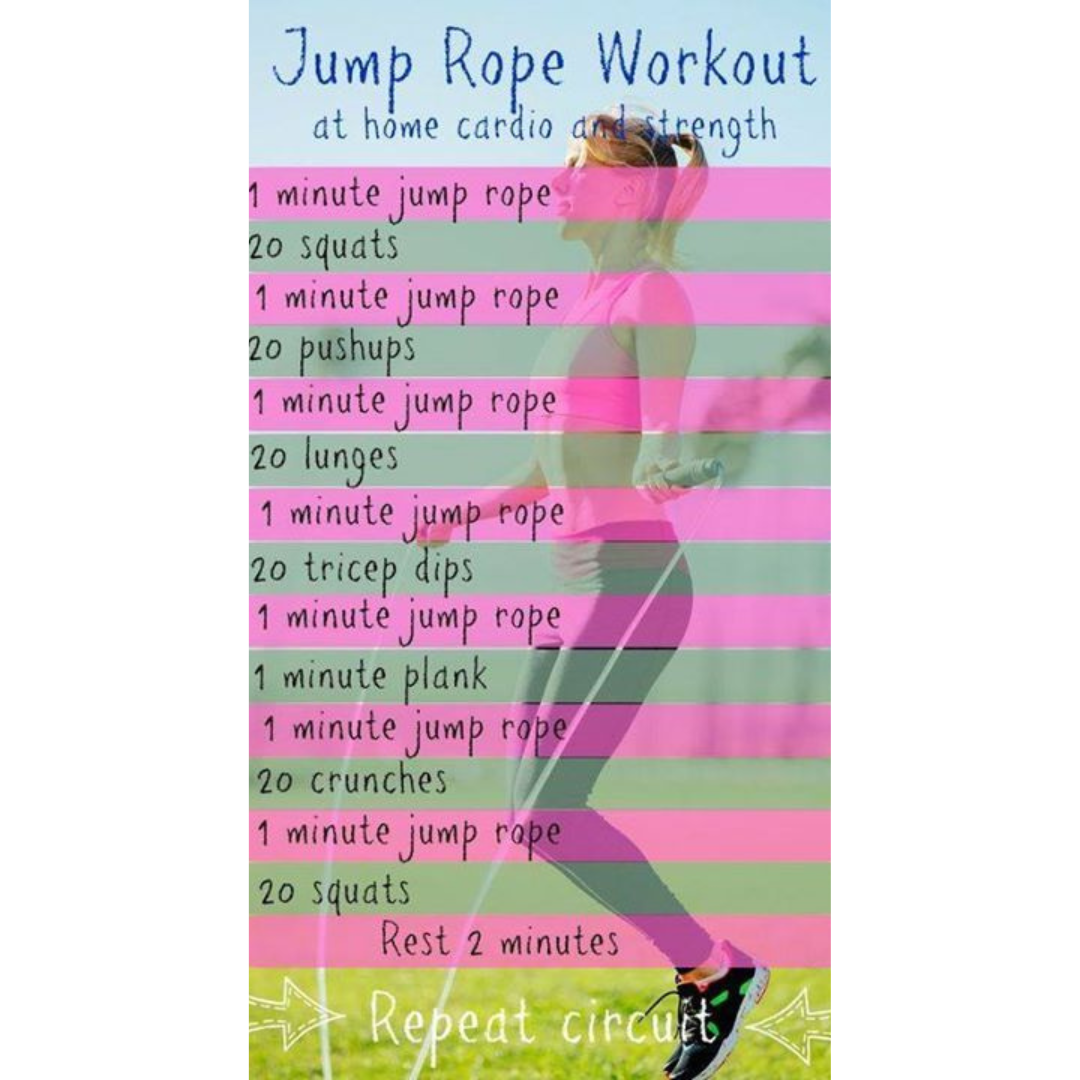
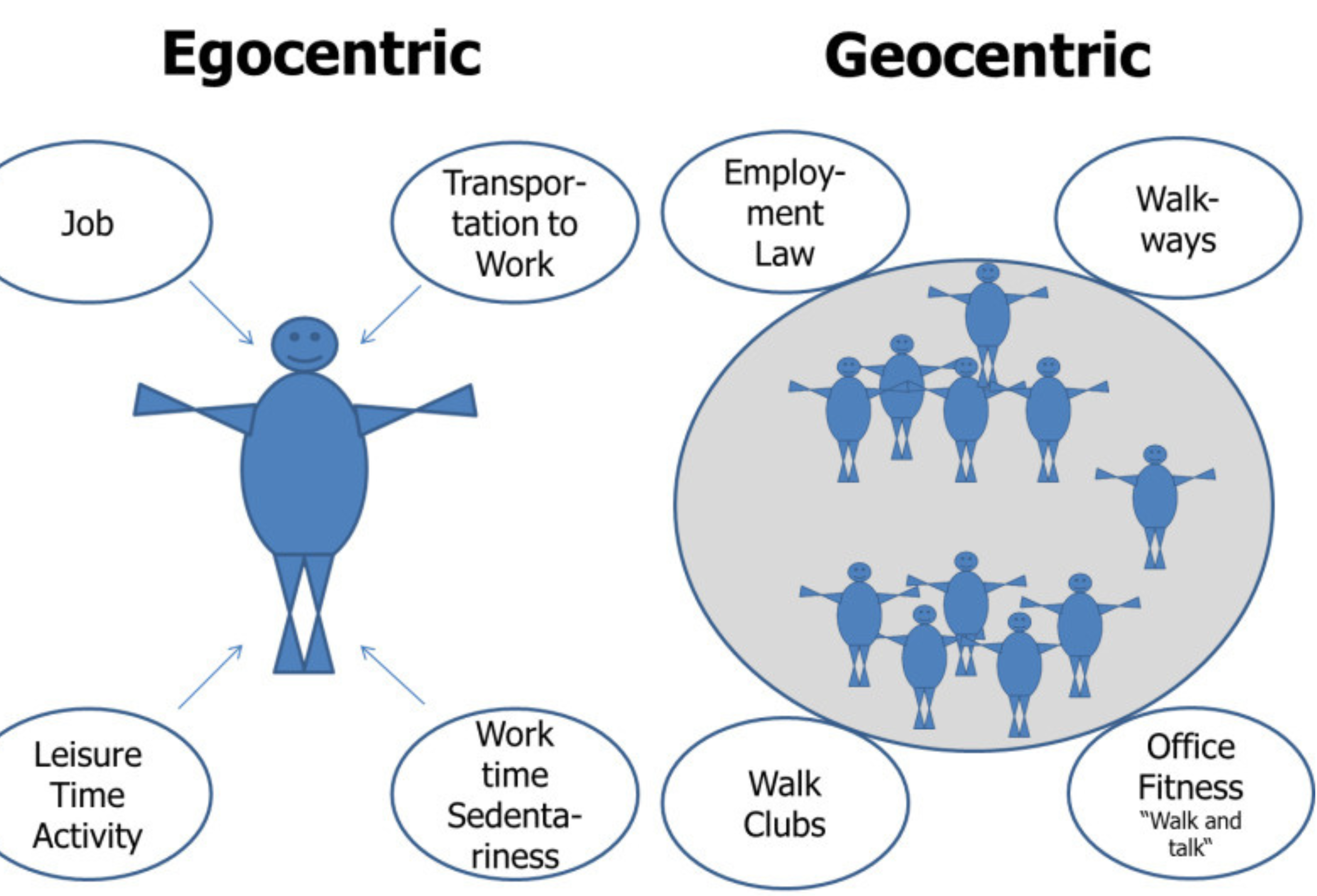



3 Comments on “What are Calories? Learn more in Detail”